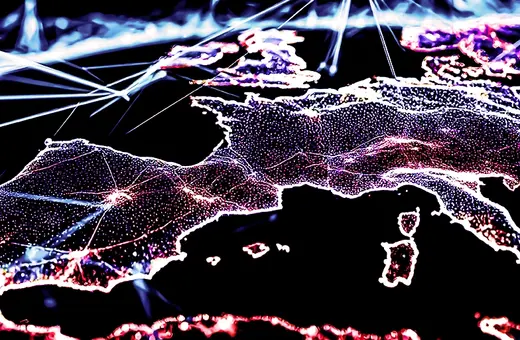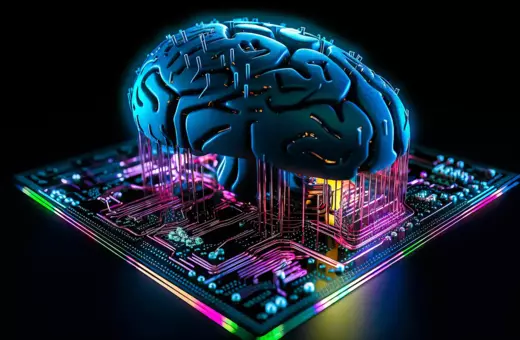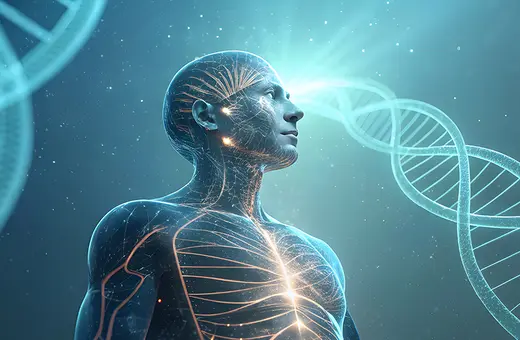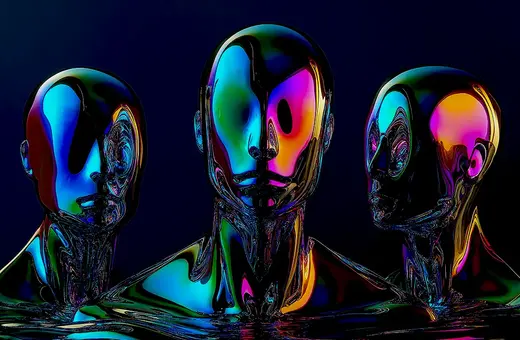AI's promise was to solve problems, not only of the day but all future obstacles as well. Yet the hype has started to wear off. Amidst the growing disillusionment, Nolen Gertz challenges the prevailing optimism, suggesting that our reliance on AI might be less about solving problems and more about escaping the harsh realities of our time. He questions whether AI is truly our saviour or just a captivating distraction, fuelling capitalist gains and nihilistic diversions from the global crises we face.
I recently participated in a HTLGI debate where one of the participants, Kenneth Cukier, who is an editor of The Economist, criticized my view of technology as being unnecessarily pessimistic. He confidently claimed that we should be more optimistic about technological progress because such progress, for example, would help us to solve the climate change crisis. Though Cukier admitted that he might not just be optimistic but even “Panglossian” when it comes to technological progress, he nevertheless argued, “I think if you think of all the global challenges that we’re facing, in large part because of the technologies that we’ve created, Industrial Revolution most importantly, gunpowder as well, it’s going to be technology that is going to help us overcome it.”
Cukier admits that technologies are the source of many of the “global challenges that we’re facing,” but he still nevertheless believes that technologies will also be the solution. The reason for this faith in technological progress is due primarily to the belief that artificial intelligence (AI) is so radically different from and superior to previous technologies that it will not only solve our problems, but solve problems that were caused by previous technological solutions to our problems. But such enthusiasm for AI is now dying down as the hype that had originally surrounded AI is being more and more replaced with disillusionment.
___
Yet while the hype surrounding AI seems to have disappeared, the AI itself has not.
___
Just as ChatGPT was once the face of AI’s successes, it is now the face of AI’s failures. Each day journalists help to shed light on the realities behind how ChatGPT works; like the reports about the invisible labor force in Kenya and Pakistan, that helped to train ChatGPT; reports about the massive environmental impact of ChatGPT’s data centers; reports about how ChatGPT repackages the work of writers and artists as its own, without attributing or paying for that work; and reports about how ChatGPT can provide answers to people’s questions that seem to be based on facts but are really based on hallucinations passed off as facts. We have now gone from fearing that ChatGPT would put people out of work to instead fearing how much more work ChatGPT requires in order to use it without getting failed, fired, or sued.
Yet while the hype surrounding AI seems to have disappeared, the AI itself has not. So if we have moved from thinking that AI could do everything, to wondering if AI can do anything, then why have we not simply abandoned AI altogether? The answer would seem to be that AI did not need to live up to the hype in order to be proven effective. So the question we should be asking is not whether AI will ever be successful, but rather: how has it already been successful? If AI has indeed already proved effective enough for people to still invest billions in its development, then what has AI been effective at doing thus far?





















Join the conversation